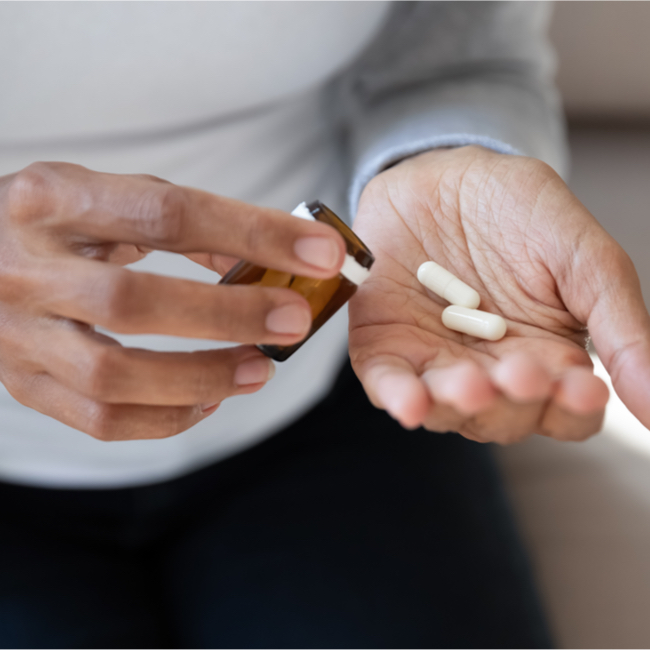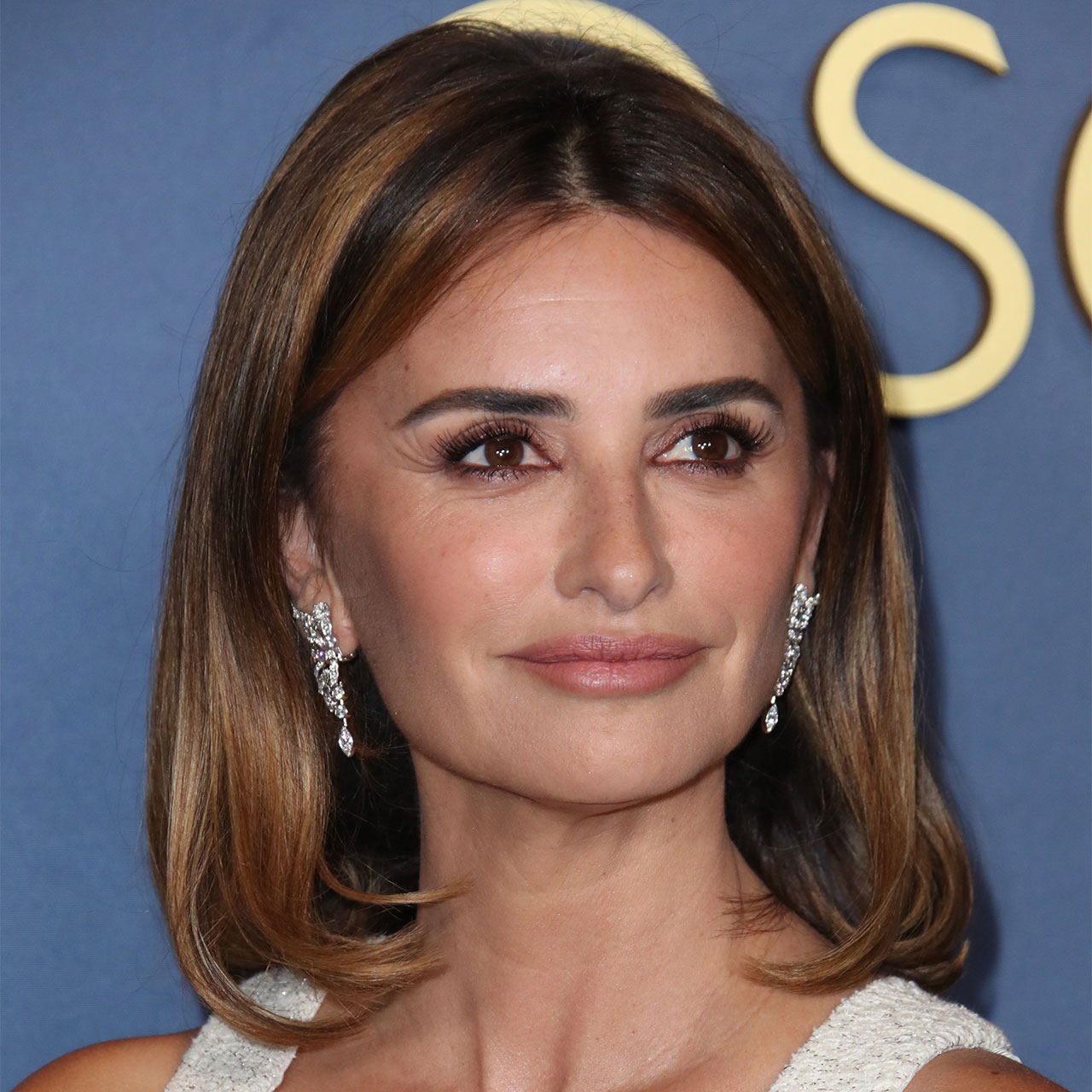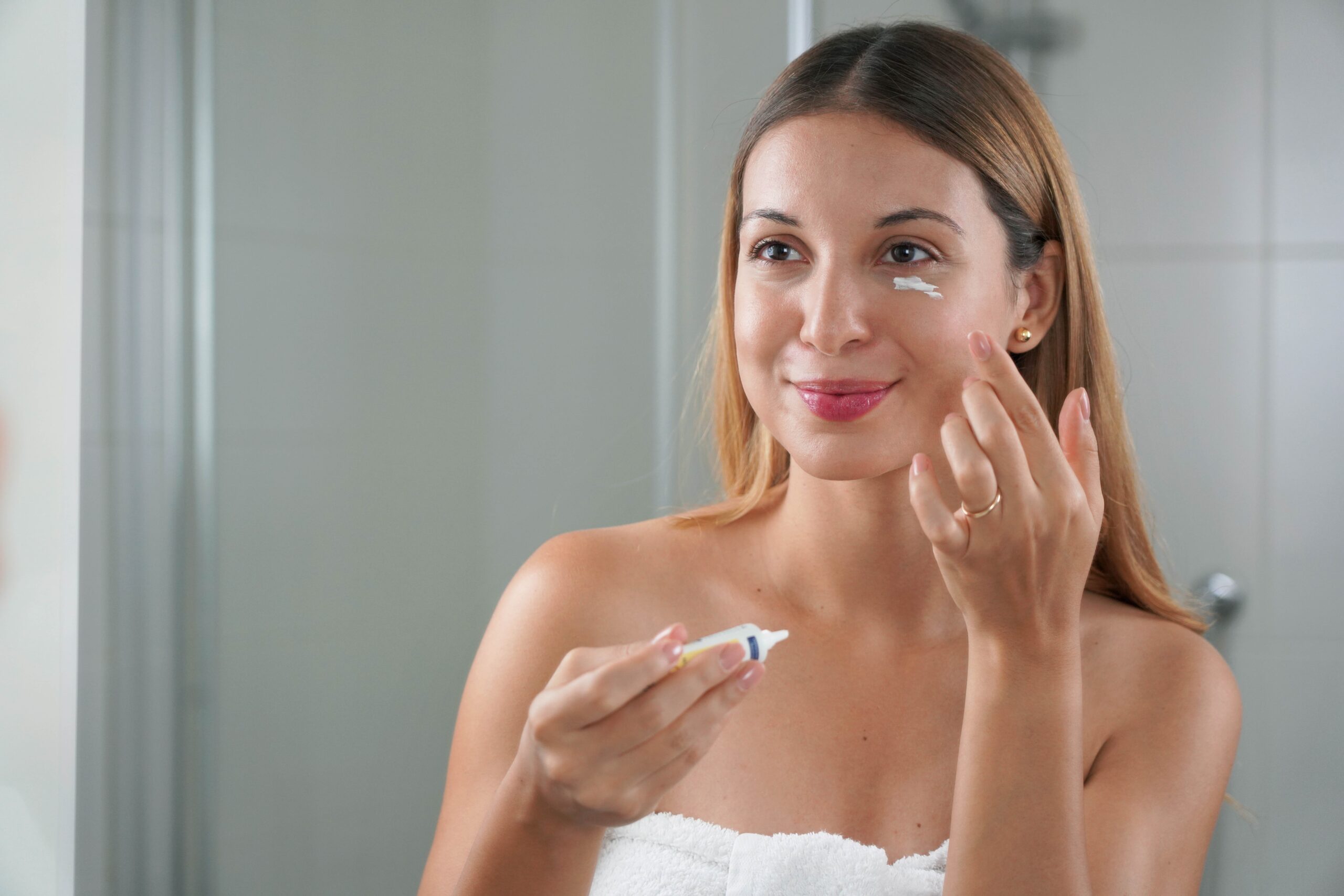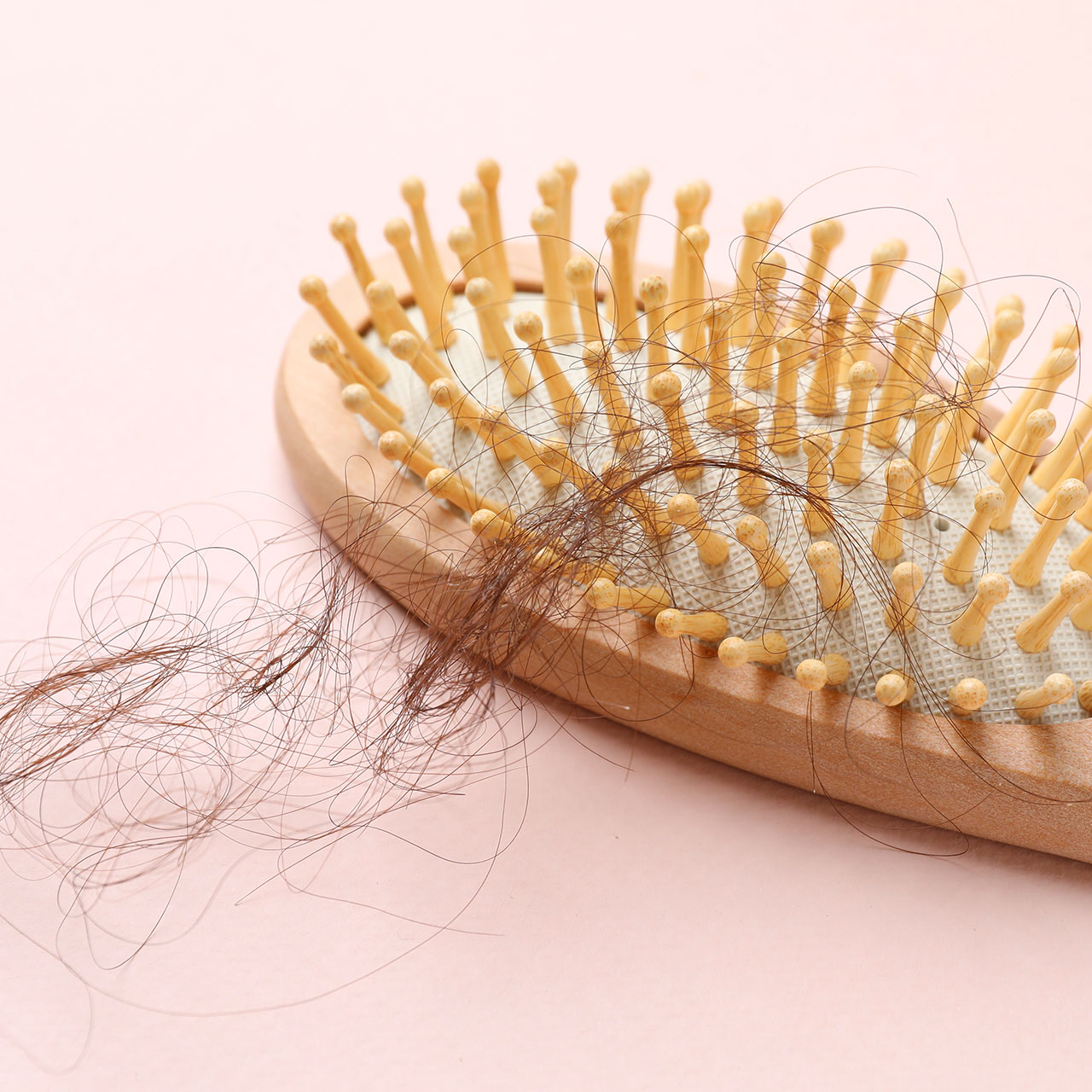This is an archived article and the information in the story may be outdated. Please check the time stamp on the story to see when it was updated last.
Hair loss can stem from a number of causes, some preventable and some not. One which can be controlled, however, is hair loss caused by a lack of nutrients within your diet. Although it’s always ideal to have your eating habits fulfill all of the nutritional requirements of your body for maximum health, sometimes there are gaps which occur from dietary restrictions that may be filled by the implementation of supplements into your routine.
If you’ve been struggling with hair thinning and fallout and suspect it may be due to holes in your diet, we consulted with Dr. Carrie Lam, MD, FAAMFM, ABAARM to determine the vitamins you should be prioritizing in order to reverse the damage. This is what she had to say.

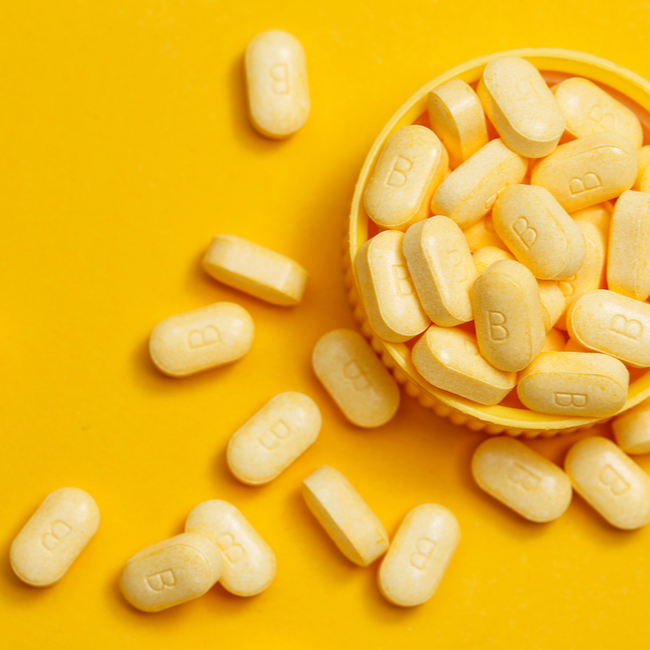
B Vitamins
It’s always important to check with a medical professional before integrating any new supplements into your daily routine, but B vitamins are some of the most useful for preserving the strength of your strands. “Many people, especially vegetarians and vegans, are deficient in vitamin B12. So, it’s very important to supplement in such cases,” explains Lam. “Biotin is another one of the important vitamins for hair growth, and it is one that is almost always found in hair supplements. Although you can get most of your B vitamin needs through food, taking a supplement might be a good idea. You can take supplements for a short while until you get your diet right,” she adds. You should, however, manage your expectations when adding these vitamins into your daily routine, as they will not make your hair grow overnight and will rather provide long term results.

Vitamin C
Often found in citrus fruits and useful for boosting the immune system, vitamin C can also help with hair growth while maintaining the strength of your locks when consumed regularly. “Vitamin C is an immune-boosting, free radical neutralization powerhouse that also helps your body absorb iron, which is another nutrient your hair needs,” says Lam. “Plus, vitamin C is used by your body to produce collagen, one of the main proteins that your hair is made of.”
Although in most diets, supplementation of vitamin C is not necessary and you can consume plenty from a variety of fruits and vegetables, Lam says, “If you have lowered immunity or a condition like adrenal fatigue, it might be necessary to take higher doses from supplements rather than food. However keep in mind that adrenal fatigue sufferers can also become too stimulated from taking vitamin C, so you must first consult with your medical practitioner.”

Vitamin E
Typically found in leafy greens such as spinach and kale, vitamin E is one of the essential nutrients for keeping your locks healthy and treating fallout. However, the benefits even extend far beyond just your hair. “Vitamin E is known as the hair, skin, and nails vitamin, and for good reason. It’s a powerful antioxidant that can make your scalp healthier. And a healthy scalp is what grows healthy hair,” explains Lam.
“It is one of the most important vitamins for hair growth for those with alopecia, and it can be used internally or topically,” she adds. Although it’s always ideal to get this vitamin through your diet, after consulting with a health professional a vitamin E supplement may be useful for growing back thinning hair even stronger than before.





